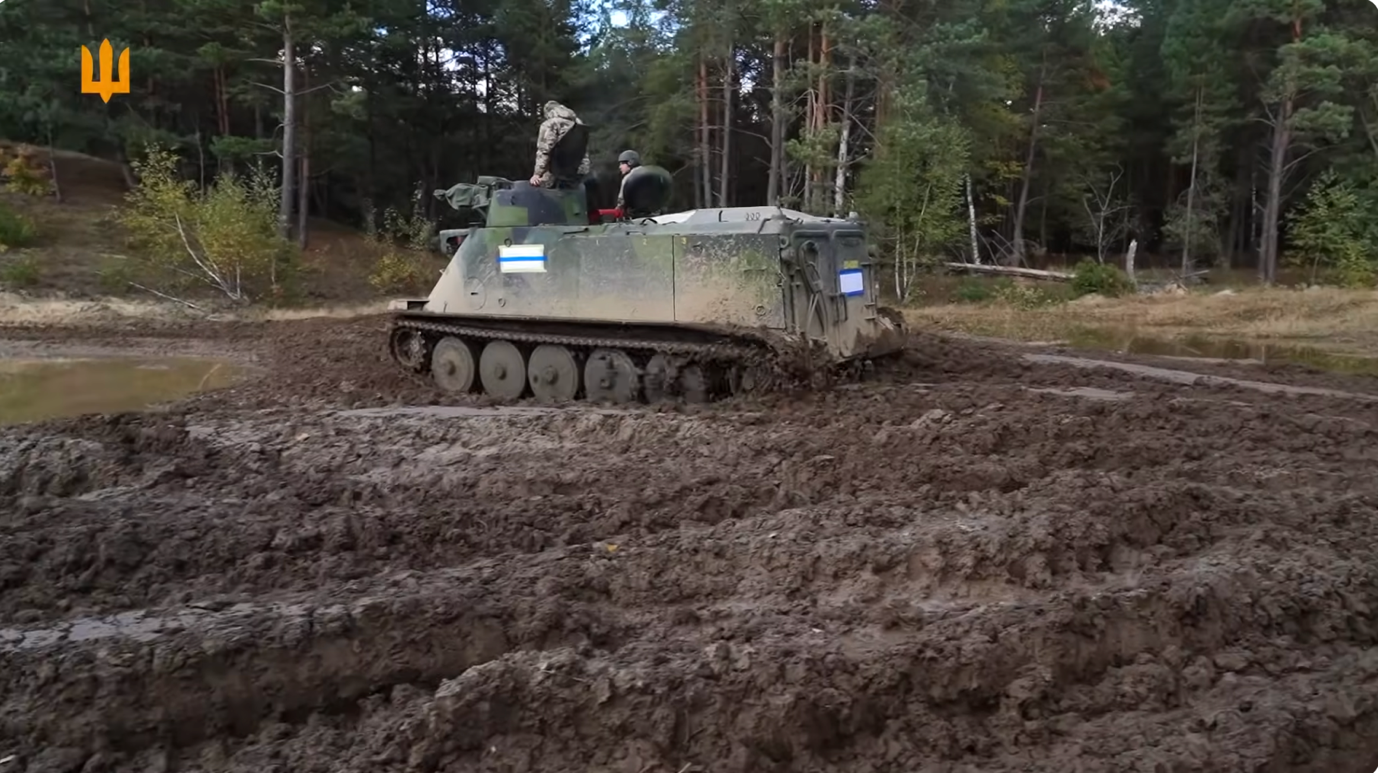"The country needs a fresh start," Ukrainian President Volodymyr Zelensky said explaining his latest, comprehensive government reshuffle. Foreign Minister Dmitro Kuleba tended his resignation on Wednesday. According to media reports, he will be responsible for supervising Ukraine's integration into Nato in future. Three other ministers and several top officials also resigned or were given new responsibilities. The reshuffle elicits a mixed response from Europe's press.
No place for doubters
JOIN US ON TELEGRAM
Follow our coverage of the war on the @Kyivpost_official.
Zelensky doesn't like to be contradicted, Italy's Corriere della Sera surmises:
“'It’s autumn, the leaves are falling,' Maria Zakharova has commented with delight. The spokeswoman of the Moscow Foreign Ministry sees the massive reshuffles in the Ukrainian government as a sign of weakness. ... But Zakharova may be mistaken. The removal of four ministers, two undersecretaries and just as many brigadier generals shortens the chain of command, speeds up decision-making and facilitates the war effort. President Volodymyr Zelensky also strengthens his role as sole commander. And with him in command, there's no doubt that the hard line vis-à-vis Russia will continue. Those who have doubts and might be tempted to negotiate a compromise must leave the stage.”
Typical wear and tear in times of war
For the Neue Zürcher Zeitung of Switzerland the reshuffle was only to be expected:

An Open Letter to the Ukrainian American Community
“President Zelensky postponed personnel changes after the Russian invasion in order to send a signal of stability. But every government shows signs of wear and tear at some point, especially under the pressure of war. Zelensky cultivates a very different style of leadership to his opponent Putin in the Kremlin, who, for fear of change, keeps many of his loyal supporters in the same post until they are old, often for more than a decade.”
Ministers have no decision-making power right now
Unfortunately, under the current circumstances, who has which ministerial portfolio is of secondary importance, Ukrainian journalist Valerii Pekar points out on Facebook:
“The government's problem is not the ministers. There are many strong and committed experts among them. The government's problem is that it is not the decision-making centre, as it should be under the constitution. As long as crucial decisions are made elsewhere, the government plays only a secondary role. If ministers are merely subordinate project managers rather than the key people responsible to parliament and the population for the development and implementation of government policy in their area of responsibility, it doesn't really matter what their name is.”
Reprinted from Eurotopics. You can find the original here.
You can also highlight the text and press Ctrl + Enter






